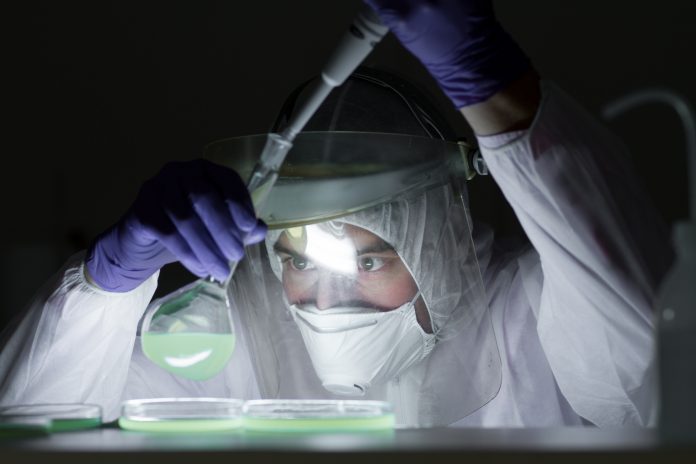The European Commission today (17 February) launched the “HERA Incubator”, as both a “blueprint” for long-term health emergencies and a way to stop COVID-19 mutations
The “HERA Incubator” programme is set to receive atleast €30 million from Horizon 2020, with a further €120 million from Horizon Europe.
The programme will have three key aims:
- To study and stop the mutations;
- To speed-up vaccine approvals;
- And to speed-up vaccine manufacturing.
President of the European Commission, Ursula von der Leyen, explained: “New variants of the virus are emerging fast and we must adapt our response even faster. To stay ahead of the curve, we are launching today the HERA Incubator. It brings together science, industry and public authorities, and pulls all available resources to enable us to respond to this challenge.”
Gathering knowledge of COVID-19 mutations
The world is highly wary of several ongoing variants, from the B117 from the UK to the South African mutation that has left AstraZeneca unable to stop it from spreading. These mutations continue to evolve in countries that do not currently have access to the vaccine.
Currently, 16% of the global population have pre-ordered 70% of available COVID vaccines in 2021.
The Commission proposes specialised tests for new variants, with a genomic sequencing funding package of atleast €75 million for Member States. This money will go towards making sure that 5% of positive tests across the bloc undergo genomic sequencing, to identify and understand the impact of emerging COVID-19 mutations.
The Commission will especially assess the impact of a mutation on transmissibility and fatality.
A further €150 million funding will be used to increase research and data exchange on all mutations.
The VACCELERATE COVID-19 clinical trial network will also be brought to life. This is expected to span 16 EU countries and five others, to share data that also uses children and young adults to more fully understand the impact of COVID-19 vaccinations.
A faster way to approve COVID-19 vaccines?
The EU want to extract their annual influenza vaccine model as a new base for how to speed-up COVID-19 regulatory approval. The European Medicines Agency (EMA) have been allowed to assess Johnson & Johnson’s clinical trial data as it happened, but this is not the norm.
Therefore, the Commission is thinking about adapting the regulatory framework to enable vaccine approvals with smaller data sets submitted in realtime, and to give drugmakers more structure in what they should submit.
There is also the possibility of an emergency authorisation category on the table, similar to the one used successfully in the US and the UK.
Pushing EU vaccine manufacturing speed
Advance Purchase Agreements (APA) are one of the key targets of the HERA Incubator reforms to how the EU works. These APAs would now be able to support development of vaccines, with emphasis on a “reliable timescale”, which could be a nod to the recent feud between the Commission and AstraZeneca.
The EU is now opening up the possibility of sponsoring and working with non-EU drugmakers to create vaccines. They want to be more involved in supply chains, with the express point of “addressing identified production bottlenecks”.
Existing intellectual property laws make it very difficult for companies to share vaccine recipes with others so that more of the vaccine can be produced. The TRIPS Agreement waiver could change this, opening up global manufacturing.
But the EU propose a less cohesive solution, suggesting a “voluntary dedicated licensing mechanism” to enable “technology transfer”.
Mariya Gabriel, Commissioner for Innovation, Research, Culture, Education and Youth, said: “Research and innovation continue to be crucial in fighting the continuing challenges of this pandemic.”











